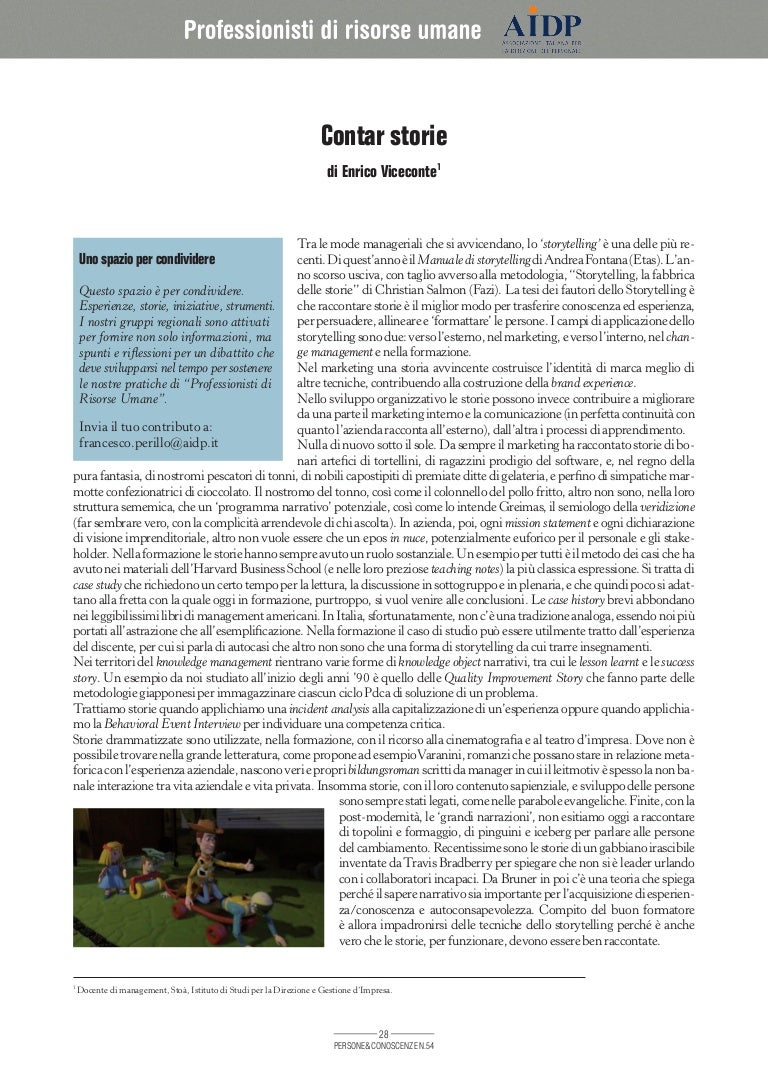

By making man laugh, cry, wonder, dream, and think stories and myths teach us what it means to be human and grants order and logical to an often chaotic world.

History of storytelling full#
It is through the exploration of these four greater functions of myth and storytelling as a whole, that one can come to understand the full impact that mythology held in ancient Greece.
History of storytelling how to#
Finally, Greek mythology served a pedagogical purpose by defining acceptable behavior in an effort to give an individual guidance on how to live a happy and pious life (Cohen). Sociologically, myths function to demonstrate societal norms and proper social order, thereby giving root and reason to the political organization of Greek society. The cosmological function of myths comes in the designation of power to the gods, giving them total control over all aspects of natural phenomena present in the universe at large thereby answering long-held questions of “why” and “how” the world exists as it does. The metaphysical function speaks to the ability of myths to invoke awe and wonder about the world around us and include what is termed, creation myths, that explain the natural order of the world. As proposed by Cohen, instead of, or perhaps in addition to, serving the purpose of entertainment, these myths served four further functions: metaphysical, cosmological, sociological, and pedagogical (Cohen). “Myth(s) can be told with the intent of being allegorical, symbolic, rational, romantic, theoretical, or analytical” (Sailors 8). With this in mind, one can begin to understand the true nature that lay beneath the superficial mask of Greek myths. According to Roger Schlanger, a cognitive scientist, “humans are not ideally set up to understand logic they are ideally set up to understand stories” (B. The origins and function of this mythology (a word derived from the Greek word “mythos” meaning story-of-the-people and “logos” meaning speech) have long been debated by modern scholars relative to a broad variety of specializations including science, philosophy, psychology, theology, and sociology. Our first written record of storytelling is derived from ancient Greece around 500 B.C.E. Through careful analysis of history’s most popular forms of storytelling in all its’ forms, from oral myth or legend to Disney films, one can find a common thread of latent meaning embedded between the lines that offer us aid in our quest to explain the world around us as is relevant to our time period (B. However, there may be a deeper explanation to the appeal of a good story than its’ superficial value in providing entertainment.
History of storytelling series#
The latest hit TV series or number one box office hit roots its’ success in their story’s ability to engage the viewer’s imagination, often by invoking a broad range emotion that imprints a lasting impression on the mind. Whether these stories come to us in the form of ghost stories over a campfire, local urban legends, the newest netflix series, an age-old cult classic film, or classic literature it is undeniable that a good story holds an immeasurable amount of power. Storytelling has been a prominent feature of civilization from the beginnings of prehistoric civilization.

The historical significance of storytelling from ancient Greek myth to the modern blockbuster Lost in Translation?: From King Zeus to Zoolander, From Queen Hera to House of Cards HIS101: Introduction to Western Civilization I


 0 kommentar(er)
0 kommentar(er)
